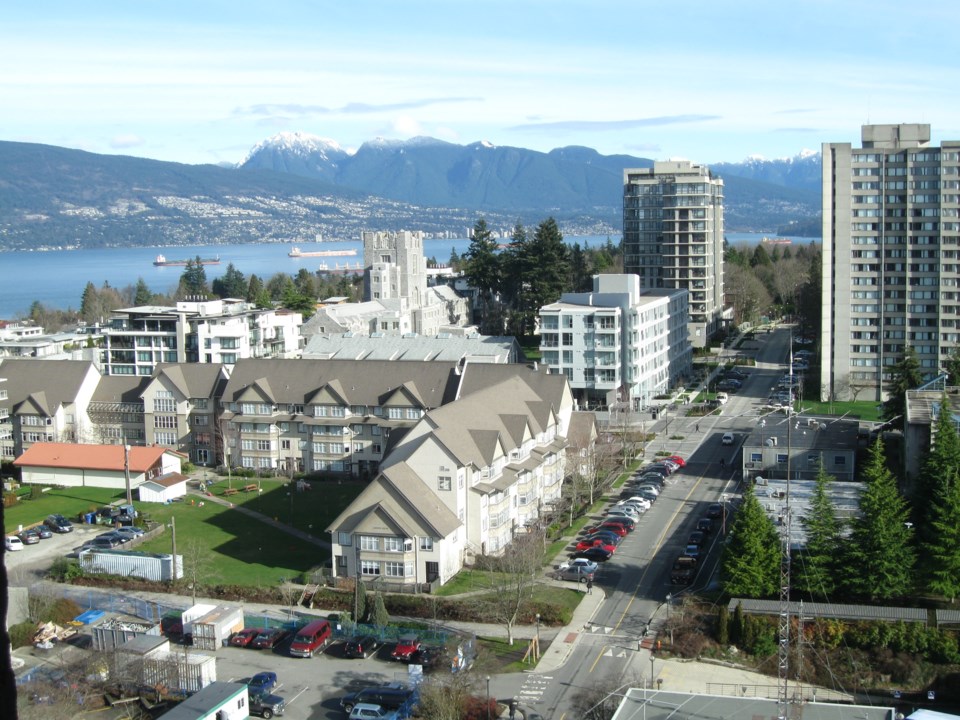It was a perfect July day in Calgary and I had planned a treat for myself — spending a solo Saturday with a picnic and a good book in the park. I’d been working long hours reporting from the Stampede grounds and desperately needed a reprieve from the hot tarmac, the hordes and the pervasive smell of deep fried foods.
As I watched families, joggers and cyclists pass by the riverside, a man walked up to me. He was middle-aged, spoke with a thick Chinese accent and, after a few minutes of making awkward small talk, sat down a few feet away, unzipped his pants and exposed himself. Just like that.
I froze. And then I meekly asked him to “do that somewhere else.” I think I even said please. Then I sat there for the next few hours stunned, disturbed and wondering why I wasn’t able to just shake it off. I wondered if I was overreacting, I contemplated how I could have prevented the situation and I wished there was someone I could talk to. Only then did it occur to me that maybe I should call the police.
The question of why so many women (and men) don’t report sexual offences is a beast with many heads.
There are the obvious deterrents: extremely low conviction rates, a justice system that acts as if the victim is on trial, the risk of being met with doubt, blame and outright hostility by the authorities.
But even before that there’s a more insidious problem. Many people who experience something legally considered a sexual offence don’t recognize it as such. Women, in particular, often don’t know how seriously to take awkward gropes, bad dates, or uncomfortable encounters with strangers. Put simply, so many of us encounter inappropriate behaviour from men that the line between creepy and criminal is not at all clear. Things get even murkier if the questionable activity occurs between acquaintances after a few drinks at the bar, rather than between perfect strangers in the sober light of day.
Add to that women’s deeply ingrained cultural conditioning to minimize those situations, blame themselves and explain them away and you get the preponderance of horrific cases such as the Jian Ghomeshi scandal or the half-dozen women at the University of B.C. who fell victim to an alleged sexual predator while the university sat idly by.
I find UBC’s response, or lack thereof, particularly appalling. Here is an opportunity for an institution to step up to the plate and, through implementing a sexual assault policy and a sexual assault response team — as has been suggested by some of the complainants — provide a sorely needed intermediary for victims of sexual assault. Or those who aren’t sure if they are victims.
I relate all too well to UBC complainant Caitlin Cunningham, who told CBC she went to the university after she was grabbed in public by the alleged offender precisely because she wasn’t sure if what had happened was an assault. “I didn’t know if I had grounds to go to the police,” she said. “When I turned to the university, I was asking for that kind of support.”
Rather than receive it, she, along with the other women in the case, was dismissed and told to keep quiet. Now that UBC is once again at the centre of unflattering headlines (let’s not forget the rape chant debacle of just two years ago) we get a weak response that it is “considering” putting a sexual assault policy in place.
Good grief. UBC’s own brand as “A Place of Mind” denotes its identity as a thought leader in the social and academic space. Here is an opportunity to live up to that ideal and take concrete steps toward combatting a culture rife on university campuses where boys will be boys and girls are encouraged, still, to demure and defer.
When influential institutions don’t take sexual assault seriously it contributes to the cultural feedback loop that makes women question their own experiences and, far more often than not, keep to themselves. If we as a society really want victims of sexual assault to report to police (and I sometimes doubt that we actually do) our institutions need to facilitate that by offering support to identify the appropriate course of action.
It’s really hard to pick up the phone and call the police over an incident that many people would just laugh off.
I know.
In the end I did call the police and I am glad that I did. The responding officers were kind, thorough and took what had happened very seriously. I learned that I too was likely part of a pattern that had been escalating, a thought that had not occurred to me as I debated whether to call. As far as I know they never caught the guy, but at least he was a stranger in a city where I no longer live. I’ll never have to see him again and I felt empowered because I reported him and my encounter with police was a positive one.
Every woman should be so lucky.
@jm_barrett



